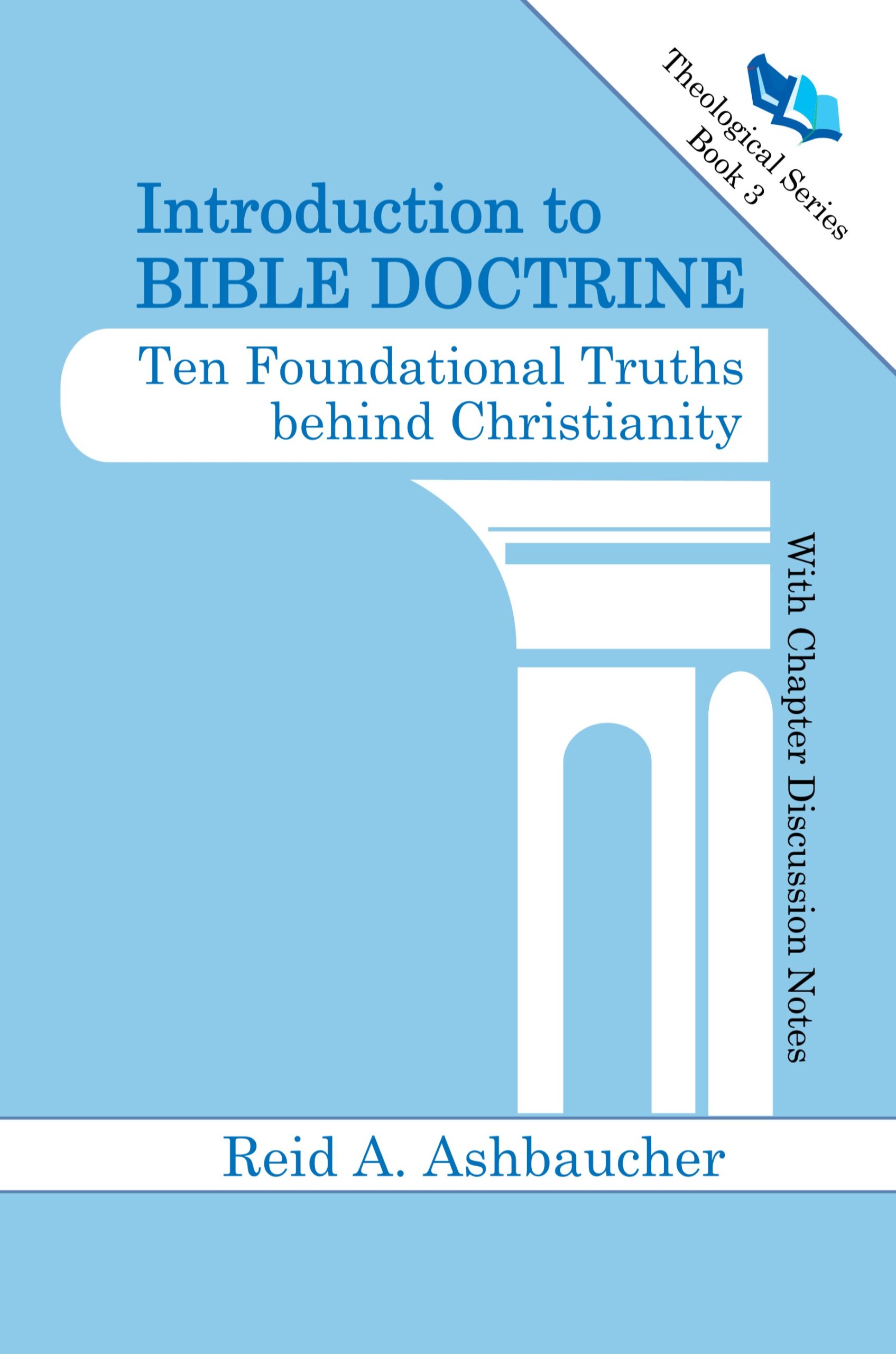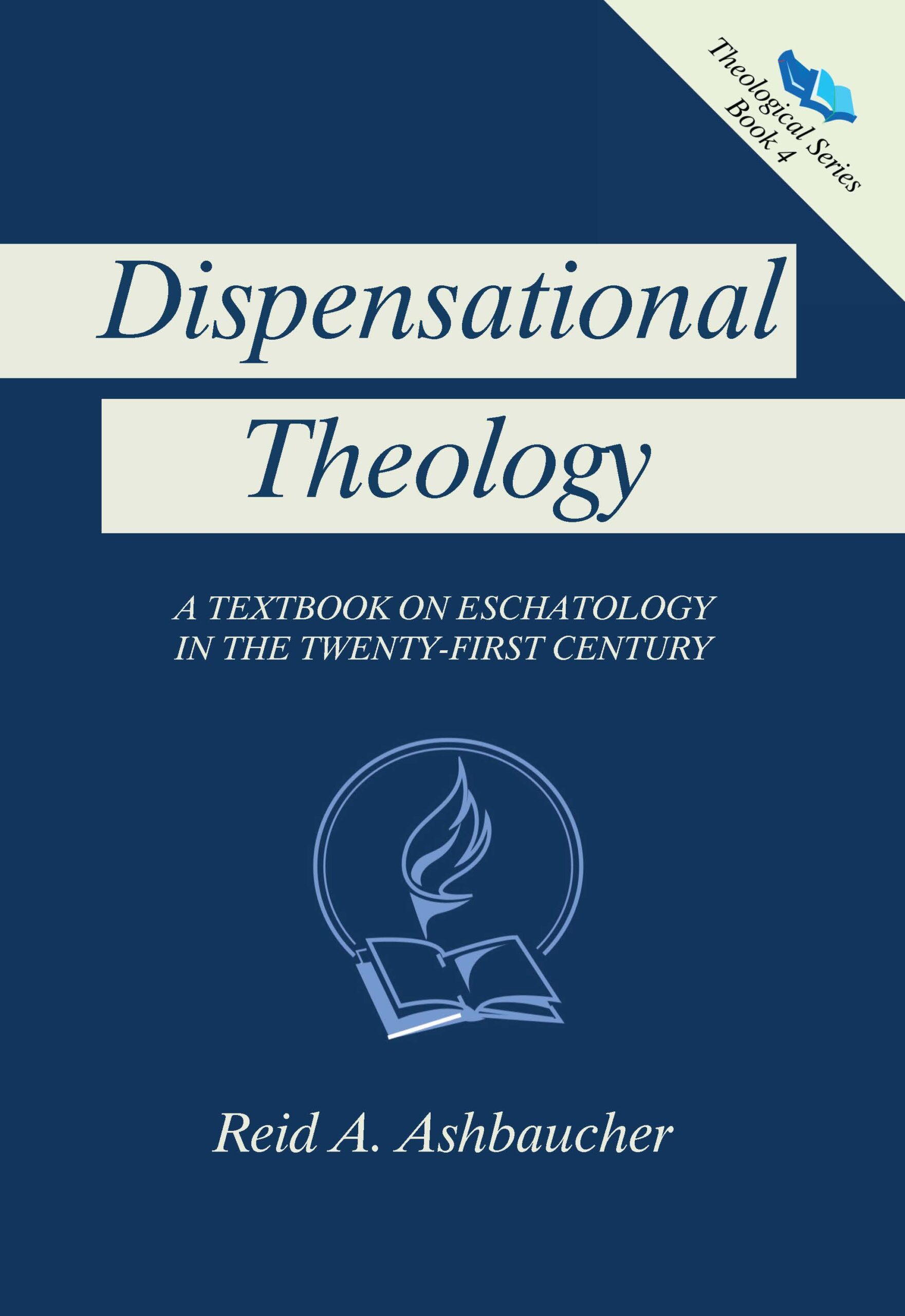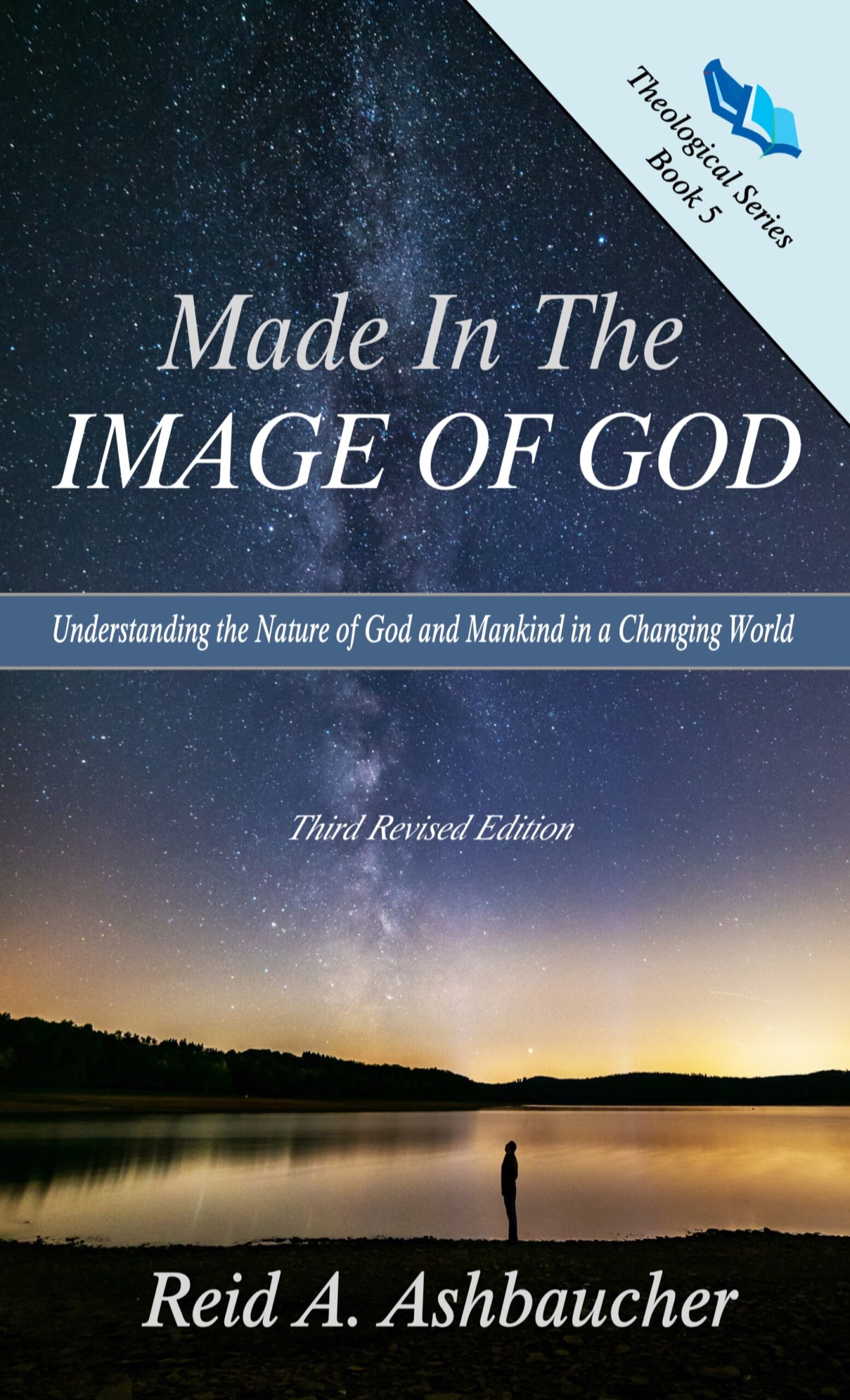Within today’s culture there are many New Testament churches functioning throughout the world. Scattered among these are cult style churches, such as the Mormon Church, Jehovah Witnesses and Christian Science among others. Our culture is inundated with false massages about religion and the true nature of the Christian faith. Such views include, Spiritism, Satanism, Witchcraft, pluralistic approaches to God, New Age approaches to God, misconceptions of Christianity and misdirection within the body of Christ to what the Christian faith should even look like to the rest of the world. With all this confusion in and around the Christian community, there needs to be some thought to what we believe, why we believe it, and how should it be lived out in everyday life before the world and the local culture we live in.
Thus the purpose for having a “Philosophy of Ministry.” The philosophy of ministry of any church or minister, provides a template to follow, as reminders of what one believes, why they believe it and how that belief should be demonstrated or projected to the rest of the world. For those in theological training, I recommend they take a course that deals with Philosophy of Ministry. It will help bring a methodical focus to any future ministry God may call them to.
Some would say I know what I believe and why I believe it, and our church has a doctrinal statement and a statement of purpose. So why do I need to develop a philosophy of ministry? Consider the following.
Some churches are Calvinistic in their theology, while others follow more along the lines of a Armenian perspective, still others fall between these two approaches. There are churches that follow Christian Existentialism, Christian Realism, Latin American Liberation Theology, Black Theology in America, Feminist Theology, while others practice a social gospel, with other churches approaching the Christian faith through leaning towards a legalistic teaching. All of these perspectives are in, and of themselves, a form of a philosophy of ministry. The question is, within the variance of your theological view, is your local church being effective in its ministry to its local membership as well as to the local community it’s established in? And how should we evaluate effectiveness?
A Discussion
To help alleviate some of the noise and confusion surrounding ones theology, there needs to be some clarification to just what Christianity is, and how it all works. This is why I wrote, The Christian Faith: A Quick Guide To Understanding Its Inter-Workings. This book defines the basic historical tenets of the Christian faith so there is no confusion to where Christianity came from, how it’s defined, what its basic teaching are and how it all works in general. From this knowledge, we can begin to hold a discussion to what that looks like to the world, and how that message should be presented in our everyday lives.
With many church leaders operating on a different page with respect to this subject, it is my suggestion that perhaps we could use the life and ministry of Jesus Christ to pattern ones philosophy from. This concept can begin by asking two questions. What did Jesus teach? And what was his attitude in his presentation. The key to a philosophy of ministry is not just to have a correct theology to act on, but also to have God’s attitude in carrying these concepts out before the world.
It is interesting to note that Jesus did not start his ministry in blazing glory, but in the sacrifice and humility of fasting and prayer for forty days. When Jesus performed his first miracle it was with reluctance and hidden behind the scenes, not by taking front and center stage for all to see (John 2:1-11). As we follow Jesus ministry, we see some of his attitudes by what he said and what he did for others. Statements like:
You have heard that it was said, ‘You shall love your neighbor, and hate your enemy.’ But I say to you, love your enemies, and pray for those who persecute you in order that you may be sons of your Father who is in heaven; for He causes His sun to rise on the evil and the good, and sends rain on the righteous and the unrighteous. For if you love those who love you, what reward have you? Do not even the tax-gatherers do the same? And if you greet your brothers only, what do you do more than others? Do not even the Gentiles do the same? Therefore you are to be perfect, as your heavenly Father is perfect. Beware of practicing your righteousness before men to be noticed by them; otherwise you have no reward with your Father who is in heaven. When therefore you give alms, do not sound a trumpet before you, as the hypocrites do in the synagogues and in the streets, that they may be honored by men. Truly I say to you, they have their reward in full. But when you give alms, do not let your left hand know what your right hand is doing that your alms may be in secret; and your Father who sees in secret will repay you. (Matthew 5:43-6:4; NASB)
Do not judge lest you be judged. For in the way you judge, you will be judged; and by your standard of measure, it will be measured to you. And why do you look at the speck that is in your brother’s eye, but do not notice the log that is in your own eye? Or how can you say to your brother, ‘Let me take the speck out of your eye,’ and behold, the log is in your own eye? You hypocrite, first take the log out of your own eye, and then you will see clearly to take the speck out of your brother’s eye. (Matthew 7:1-5; NASB)
Jesus also made statements like this: “Do not give what is holy to dogs, and do not throw your pearls before swine, lest they trample them under their feet, and turn and tear you to pieces.” (Matthew 7:6; NASB) The sermon Jesus preached to the people in Matthew chapters 5 through 7, tells us a lot to what our philosophy of ministry should look like. But not just this talk, but the entire life of Christ. Perhaps the moral of this discussion is, we should be modeling our ministry after the life and attitudes of Christ, then fill in our philosophy with the rest of the Scriptures as a whole. Remember philosophy of ministry is not the same as church polity, it is how we preach, teach and disciple with the heart of God before the world. This then becomes the heart of our theology and perhaps a better influential principle, providing a better overall effect on the world around us. Thanks for stopping by and reading some thoughts on the subject.










